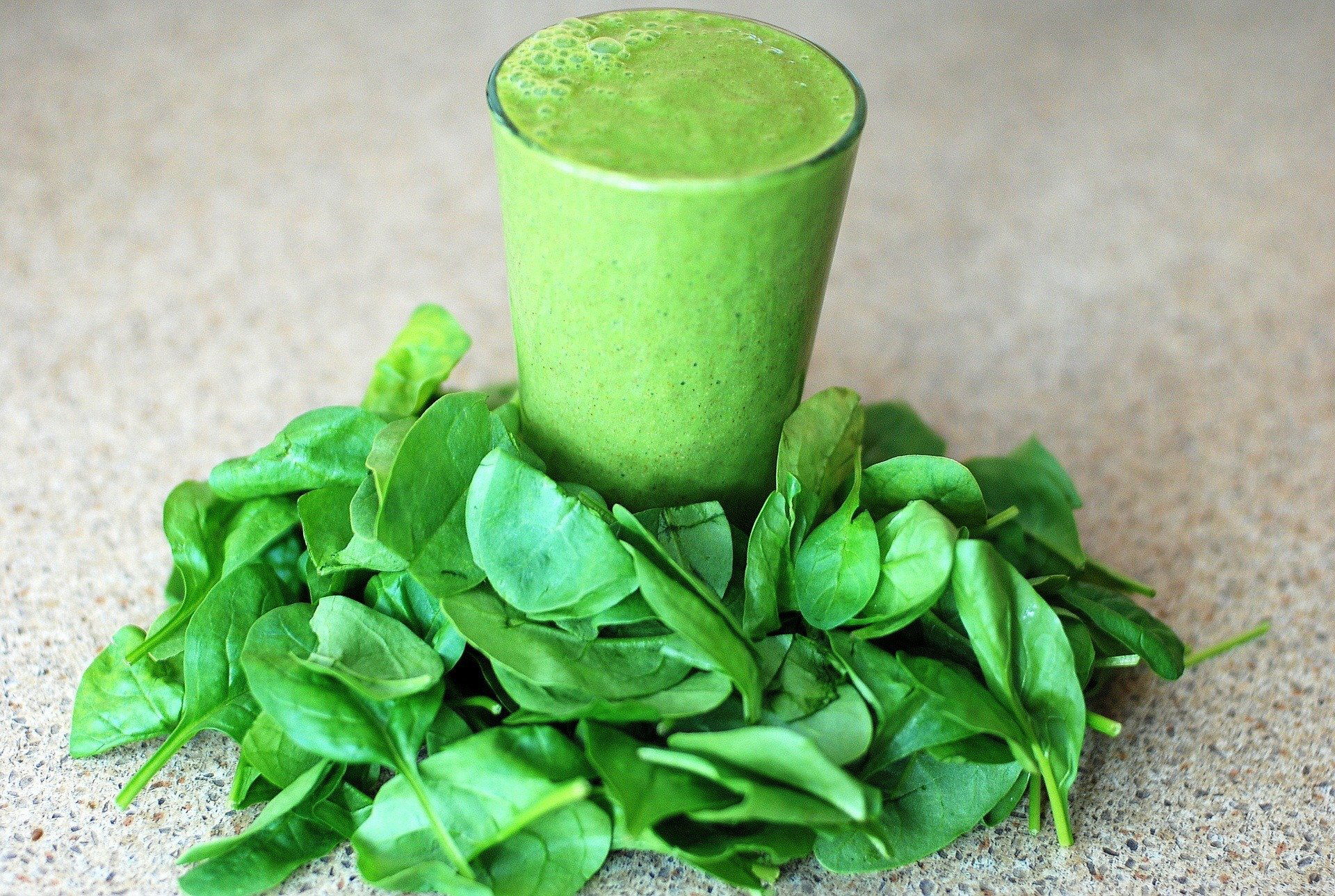Hydration Nation: The Importance of Staying Well-Hydrated
Water is the essence of life, and staying well-hydrated is crucial for our bodies to function optimally. As the primary component of our cells, tissues, and organs, water plays a vital role in various physiological processes. Despite its importance, many people underestimate the significance of proper hydration and the impact it has on overall health and well-being. In this article, we will delve into the importance of staying well-hydrated, the benefits of water for the body, signs of dehydration, and practical tips to ensure you are part of the "Hydration Nation."
The Role of Water in the Body
Water is involved in numerous essential functions, including:
Temperature Regulation: Sweating is the body's natural cooling mechanism. When we're active or exposed to heat, we lose water through sweat, helping regulate body temperature.
Nutrient Transport: Water is a carrier for nutrients, facilitating their transportation to cells for energy production and tissue repair.
Digestion: Adequate hydration supports proper digestion by helping dissolve and move nutrients through the digestive tract.
Joint Lubrication: Water acts as a lubricant for joints, cushioning them and reducing friction.
Waste Removal: Water aids in the elimination of waste products through urine and feces, assisting the body's detoxification process.

The Importance of Staying Hydrated
Proper hydration is essential for maintaining good health and well-being. Here are some key reasons why staying hydrated matters:
Energy Levels: Dehydration can lead to fatigue and reduced physical and cognitive performance. Drinking enough water helps maintain energy levels throughout the day.
Brain Function: Even mild dehydration can impair cognitive function, affecting mood, concentration, and memory.
Physical Performance: Hydration is crucial for athletes and individuals engaging in physical activities. Proper fluid balance improves endurance, strength, and exercise performance.
Digestive Health: Water helps prevent constipation and supports a healthy digestive system.
Skin Health: Well-hydrated skin looks and feels better, maintaining its elasticity and reducing the risk of dryness and irritation.
Signs of Dehydration
It's essential to recognize the signs of dehydration to take action promptly. Common signs include:
Thirst: Thirst is the body's way of signaling that it needs more water.
Dark Urine: Dark yellow or amber-colored urine indicates dehydration. In a well-hydrated state, urine should be pale yellow.
Dry Mouth and Lips: Dryness in the mouth and lips can be a sign of inadequate hydration.
Fatigue: Dehydration can lead to tiredness and reduced energy levels.
Dizziness or Lightheadedness: In severe cases of dehydration, dizziness and lightheadedness may occur.
Hydration Tips
To become a member of the "Hydration Nation" and reap the benefits of proper hydration, follow these practical tips:
Drink Water Regularly: Aim to drink water throughout the day, even if you're not feeling thirsty. Carry a reusable water bottle with you to encourage hydration on the go.
Monitor Urine Color: Pay attention to the color of your urine. If it's pale yellow, you're likely well-hydrated. Dark yellow or amber-colored urine indicates the need for more fluids.
Incorporate Hydrating Foods: Many fruits and vegetables have high water content and can contribute to your daily hydration. Cucumbers, watermelon, oranges, and celery are excellent hydrating choices.
Hydrate During Exercise: Drink water before, during, and after physical activity to maintain fluid balance and support performance.
Limit Dehydrating Beverages: Minimize the intake of dehydrating beverages like alcohol, caffeinated, and sugary drinks.
Create Hydration Habits: Develop habits that remind you to drink water, such as having a glass before each meal or setting reminders on your phone.

Tailoring Hydration to Individual Needs
The recommended daily water intake varies depending on factors like age, sex, activity level, climate, and overall health. As a general guideline, the Institute of Medicine recommends about:
Men: About 3.7 liters (125 ounces) per day, including all fluids and water-rich foods.
Women: About 2.7 liters (91 ounces) per day, including all fluids and water-rich foods.
Individuals with certain medical conditions, pregnant or breastfeeding women, and athletes may have different hydration needs. It's essential to listen to your body's signals and adjust your water intake accordingly.
Conclusion
Water is the elixir of life, and staying well-hydrated is essential for overall health and well-being. Hydration supports various bodily functions, including temperature regulation, digestion, and nutrient transport. Proper hydration improves energy levels, brain function, physical performance, and skin health. Recognizing the signs of dehydration and adopting practical hydration habits can help you become a proud member of the "Hydration Nation."Remember, everyone's hydration needs are unique. Pay attention to your body's signals, and make a conscious effort to drink water regularly. By prioritizing proper hydration, you can support your body's optimal functioning and enjoy the numerous benefits of being well-hydrated.
Sources:
- Harvard T.H. Chan School of Public Health - "Healthy Beverage Guidelines" - hsph.harvard.edu/nutritionsource/healthy-drinks/
- Mayo Clinic - "Water: How much should you drink every day?" - mayoclinic.org/healthy-lifestyle/nutrition-and-healthy-eating/expert-answers/water/faq-20460568
- National Academies of Sciences, Engineering, and Medicine - "Dietary Reference Intakes for Water, Potassium, Sodium, Chloride, and Sulfate" - nationalacademies.org/our-work/dietary-reference-intakes-for-water-potassium-sodium-chloride-and-sulfate